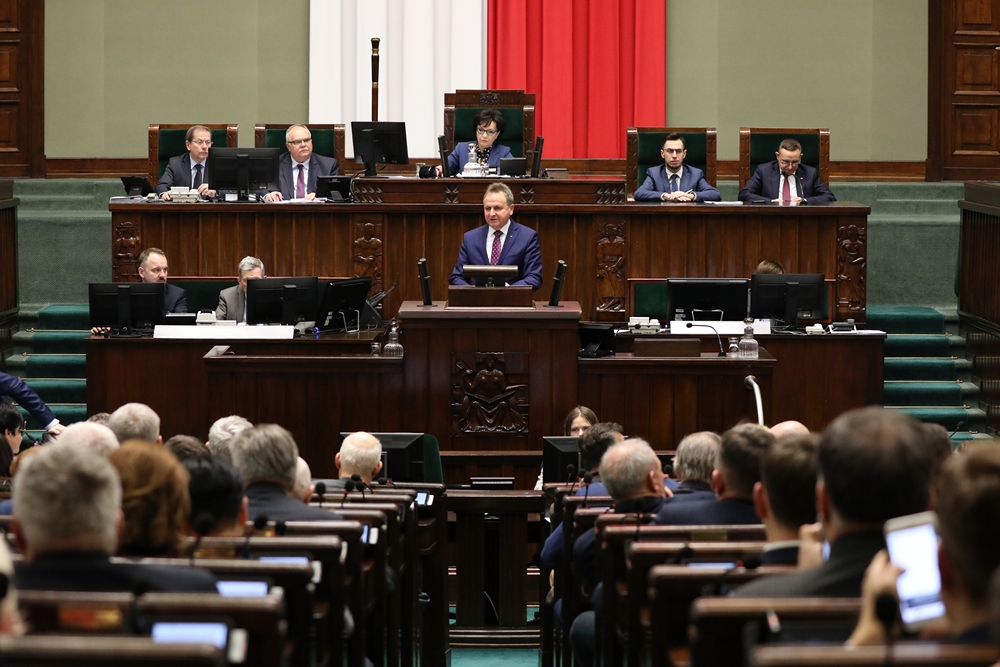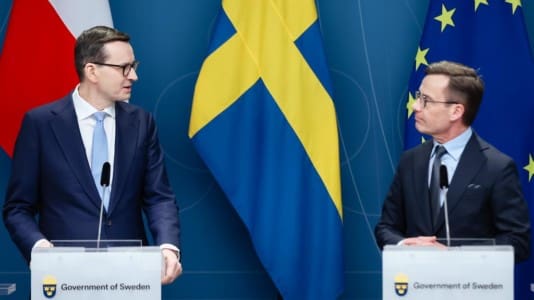The opposition in Poland, made up of liberals, leftists, and centrists, knows it has to get its act together or lose all its influence. The ruling conservatives, aware of the mistakes that have been made, want to maintain thousands of lucrative elected seats for their supporters.
The election later this year promises to be a contest of interests rather than ideologies.
Let’s first look at the “total opposition” whose only program seems to be to remove the ruling conservatives from office. For the liberal Civic Platform (PO) led by Donald Tusk, it may be its last chance to return to power. If it fails once more, its sponsors in Berlin may look elsewhere in the future. Its problem is the baggage of its leader and his government.
Tusk is determined to win control of the opposition and has therefore attacked the new kid on the block, Szymon Hołownia, along with his party, Poland 2050, to try and force him and other opposition parties to submit to his will. The stakes are high, as it is hard to imagine the PO could survive another defeat and four more years of opposition.
Hołownia has tried to pretend to be “new” but has failed to build a convincing movement around him. His party lacks the resources and manpower, and Hołownia seems to lack the skills to lead his troops into battle.
The Left are a shadow of the once-dominant post-communist SLD that governed Poland in the mid-1990s and early 2000s. Their core support base is aging, and, in general, sentiment toward past communist times no longer wins votes. They should still be capable of crossing the electoral threshold on their own, but they are not an attractive partner for an electoral coalition with the PO.
The centrist Polish People’s Party (PSL) used to be an agrarian party, but under its current leader, a middle-class urban doctor named Władysław Kosiniak-Kamysz, it has tried to broaden its electorate. The party, however, seems destined to struggle to reach the 5 percent electoral threshold needed to enter parliament; it may well wish to form an electoral alliance with the PO, its partner in the European People’s Party (EPP) in the European Parliament.
Even if all the opposition parties somehow manage to form a joint electoral pact, it’s hard to see them forming a coherent government.
Separate from them is the radical right’s Confederation. It is a party internally divided between libertarians and nationalists; it’s hard to gauge how much support it will eventually be able to count on. It is not an attractive partner for any of the other parties and seems destined to be isolated and marginalized.
This is why the ruling conservatives may yet again win power, thanks to the weaknesses of their opponents. Its strength may equal the sum of the opposition’s weaknesses.





